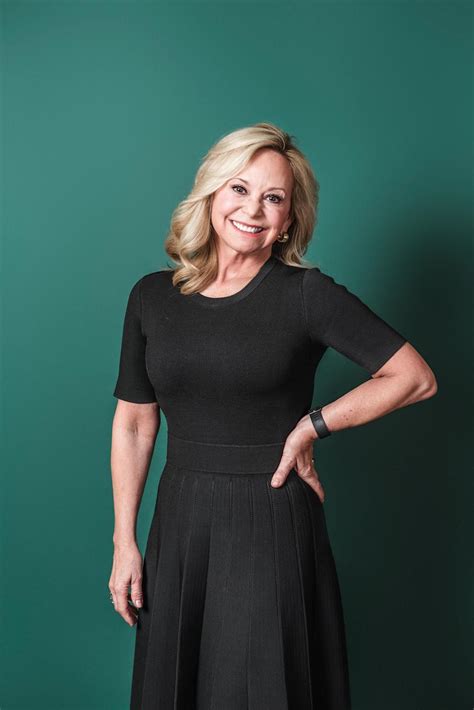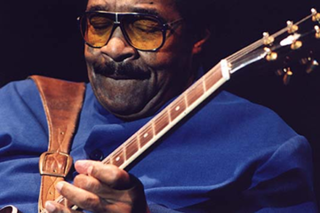A Quote by Esther Dyson
I had a lot of successes, but what really made me fearless was my complete failure at Zidd-Davis. Once you've lived through that, you know you can survive, and you're not as scared... There's nothing to build confidence like real achievement, but also like real failure.
Related Quotes
When Marconi suggested the possibility of wireless transmission of sound (the radio),he was committed to a mental institution. But people like Lincoln, Edison, and Marconi were strongly motivated. So they didn't give up. They somehow knew that the only real failure is the one from which we learn nothing. They seemed to go on the assumption that there is no failure greater than the failure of not trying, and so they continued to try in the face of repeated failures.
When you fail, things get real. In fact, they get real real. If your success was a high profile success, then your failure will be a high profile failure. Opportunities and 'friendships' will evaporate. Failure shines a bright light on all relationships. The ones that last are pure and true, which is a true gift.
But all at once I realized that it was not my success God had used to enable me to help those in this prison, or in hundreds of others just like it. My life of success was not what made this morning so glorious -- all my achievements meant nothing in God's economy. "No, the real legacy of my life was my biggest failure -- that I was an ex-convict. My greatest humiliation -- being sent to prison -- was the beginning of God's greatest use of my life; He chose the one thing in which I could not glory for His glory.
Some failure in life is inevitable. It is impossible to live without failing at something, unless you live so cautiously, that you might as well not have lived at all. In which case you have failed by default. Failure gave me an inner security that I had never obtained by passing examinations. Failure taught me things that I could not have learned any other way. I discovered I had a strong will and more discipline than I had suspected.
Sickle cell anemia made me a real angry kid. I was angry at God. I used to sit there and pray to God, please, take this pain away. It was nothing magical happening, there was nothing there. I felt like my prayers were not being answered. It made me real moody, I had an attitude problem growing up as a young child.
The stuff I've seen and lived and survived. Gun to my head, cops coming to your house. I had the confidence of telling myself that I'm going to make it. Everything I've been through, I could've had a mental breakdown, but I kept it together. If I didn't have that confidence I wouldn't have made it. That confidence has nothing to do with basketball.
Perfectionist is sometimes the wrong word... It means like you're never satisfied, or you're upset by every single failure - any type of failure. And so for me, I don't look at failure as necessarily a bad thing as long as I'm able to learn from it and take something from it, so that next time I'm in that situation I know how to succeed.


































